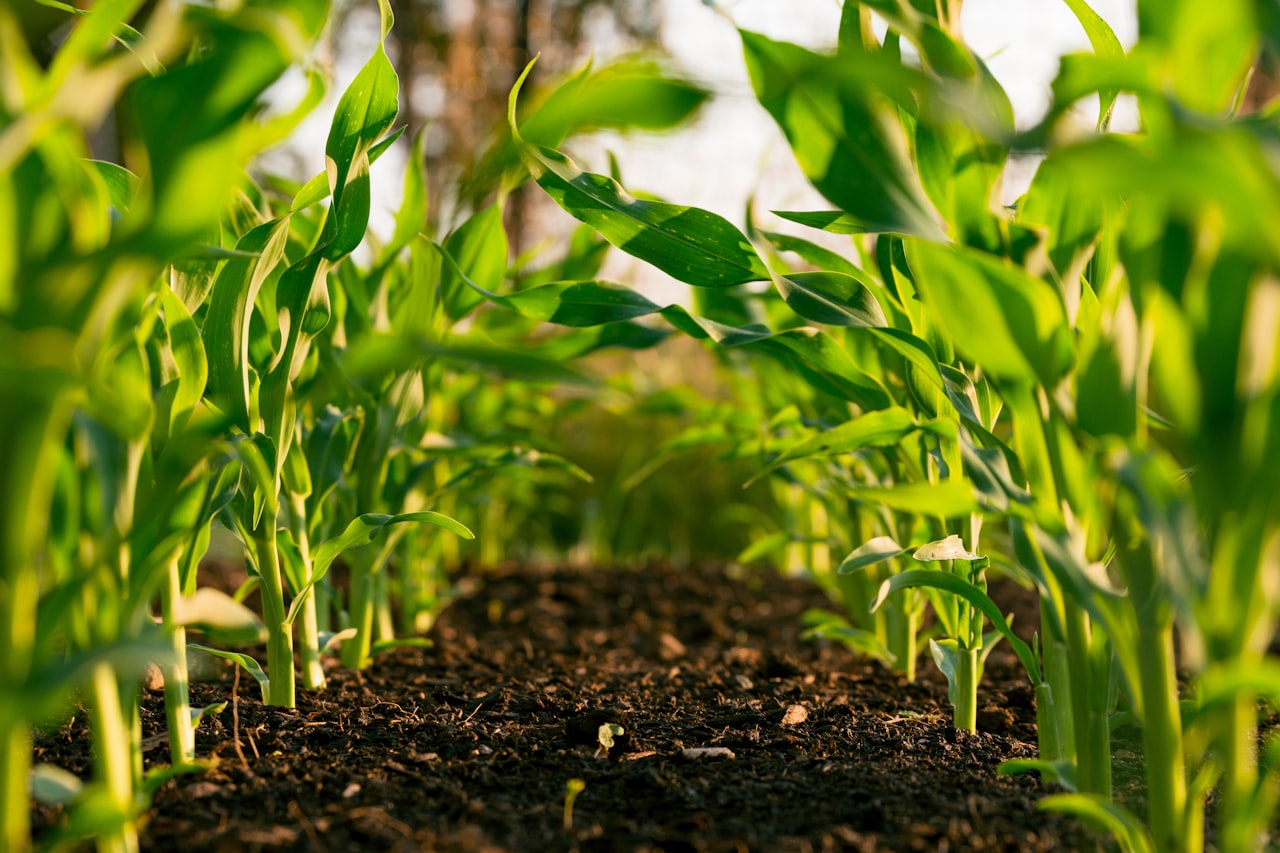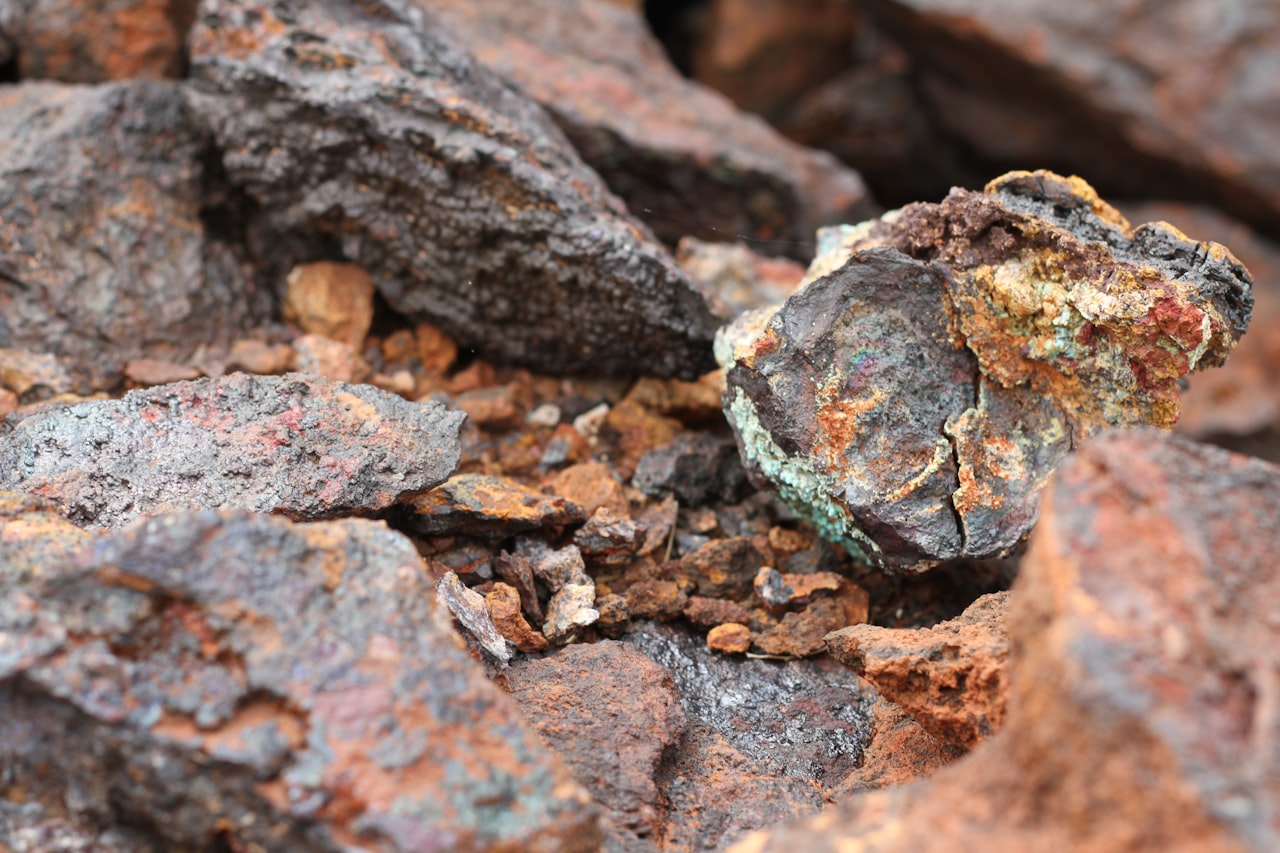Organic vs. Regular Products

We live in a state where overly-processed food can easily replaced by health and environmentally conscious organic foods. Our teachers tell our kids, our doctors tell us, and our supermarkets sell us their organic vs. regular foods. We have learned that ingesting foods grown with pesticides, hormones and genetic modifications may mean we are interrupting untold physical systems, with little transparent research to confirm or deny safety. (Hey, Flint Michigan’s water was “safe,” in some research!) We know that eating certain foods that are genetically modified to exhibit some positive qualities will also potentially produce some negative results in our bodies. Of course, we already know about the potential dangers of certain synthetic food coloring. All this medical and health research points to eating organically produced foods. Then there’s just the plain old visual proof: check out this image of organic versus conventionally-grown corn in a side-by-side duel. (Image: EatDrinkBetter.com) (Ask them how they did that – I have several questions myself, like how’d they keep pesticides and fertilizers off the organic. Stay tuned.)
What is “Organic Farming?”
Let’s talk about that term, “organic.” From the
NSF International an organic item is described as “grown, handled and processed without the use of pesticides or other synthetic chemicals, irradiation, fertilizers made with synthetic ingredients or bio-engineering.” There is a bit of controversy regarding the labeling of products that hit our market shelves. For example, according to the NSF, to add the label 100% Organic” requires the ingredients and processing to be completely organically produced, with the exception of salt and water. No other chemicals can be used. To be labeled “organic,” the product must contain at least 95% organic ingredients and must not use any banned chemicals on
NOP National List of Allowed and Prohibited Substances.
How Does Someone Get Started With Organic Farming in North Carolina?
What if someone wanted to start organic farming in North Carolina? Thankfully, because our state has such a rich history of agriculture and agribusiness, we have lots of resources to help our farmers of all types and sizes. Here are seven steps you can take if you are considering becoming a small – or large! – organic farmer in North Carolina:
2. Become affiliated with
Carolina Farm Stewardship Association, which provides hands-on work days on a farm, in-classroom workshops scattered across the state, and resources to help farmers implement best practices.
3.5 BONUS: They have a conference coming up soon. Check it out here this weekend January 27-30 in Lexington, Kentucky.
4. Sign up for more information at ATTRA- National Sustainable Agriculture Information Service –
attra.ncat.org
5. Study up on CEFS – Center for Environmental Farming –
cefs.ncsu.edu
6. Pour over what some consider to be the best magazine on organic/sustainable/small farm agriculture:
Growing for Market. (Hint: if you’re a flower grower, you will want to take a look at this publication and its concepts as part of your Valentine’s Day activities, and remember it’s on a Sunday this year.)
7. Keep close ties with the extension service in your county. One of our clients,
S&H Farms outside Oxford NC, swears the
Extension Service’s horticulture agent in Chatham County is one of the best on the east coast, citing multiple workshops on pest management, specialty crops, pollinators, most anything that has to do with small farms. (Spoiler alert: that website:
growingsmallfarms.ces.ncsu.edu has some of the best information and pictures, and it’s all about North Carolina and the local area.)











